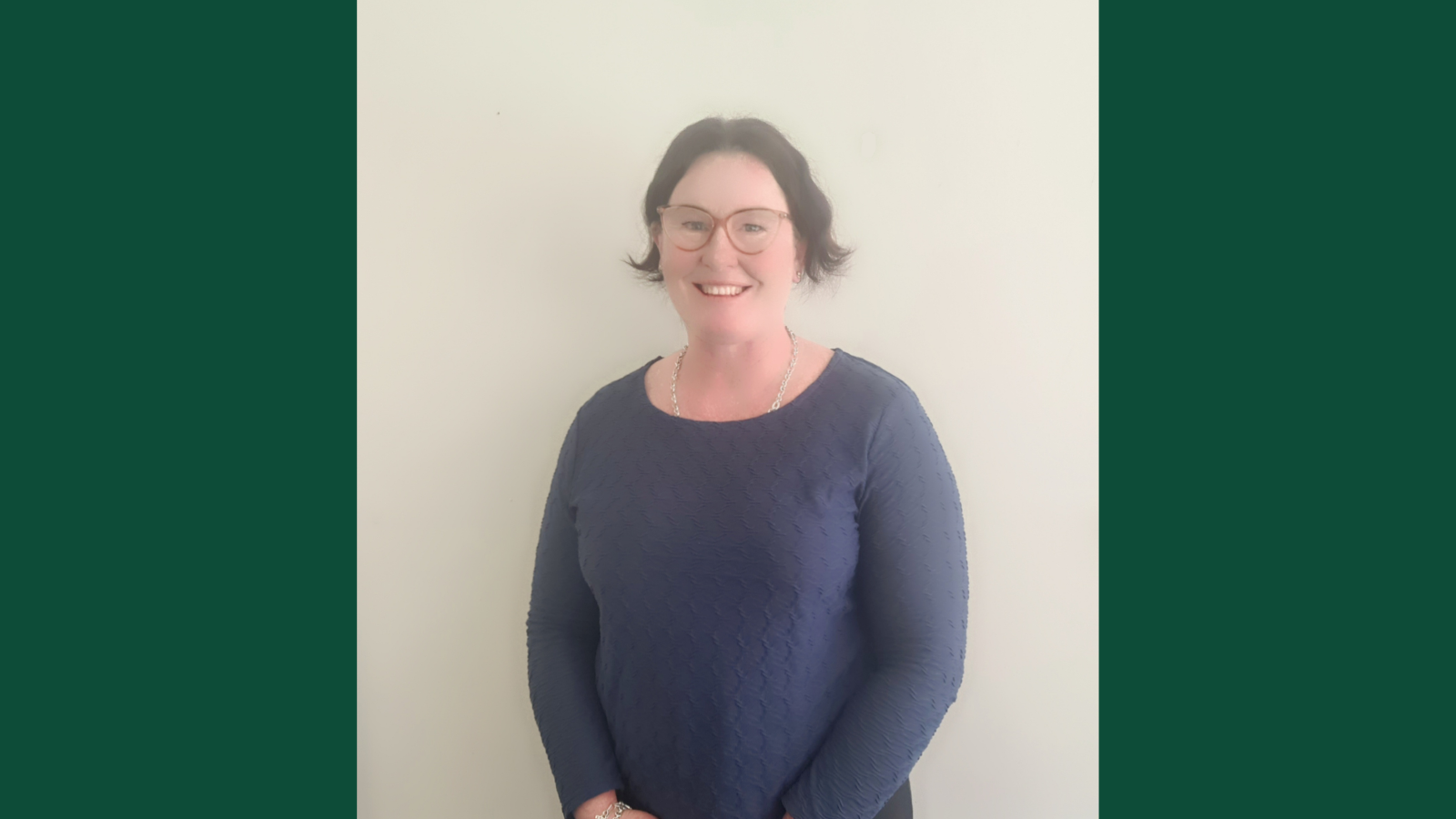
“I grew up in West Auckland, and life wasn’t always easy—but animals were the thing that were always there for me.”
She moved to Palmerston North in 1998 to study veterinary science, but didn’t get past pre-selection.
“I was still young and dumb, so I didn’t think much of it. It was just a decision of, ‘Well, what’s next?’”
What’s next was a Bachelor of Science—and without a limit to the number of papers you could do at that time, Brenna says she covered a lot of ground.
“I studied horses, I studied sheep, I studied cows—I studied every animal that I could, and I loved every moment.”
She got a full-time job on a dairy farm in Pahiatua while studying, and excelled—which she attributes to her love of animals. In 2000, she became one of New Zealand’s first female sole charge managers, working on multiple farms across New Zealand, getting to know various communities and experience every aspect of rural life. She graduated in 2004, and carried on farming.
A few years later, Brenna started to have parents ask her to give their kids a job on the farm, the kids who did not want to be at school.
“It was a challenge. A lot of them were really lost, they didn’t know what to do generally—let alone on a farm. But they would stay on the farm, I would give them breakfast and lunch, and worked with the Primary Industry Training Organisation to get them qualifications and a sense of purpose.
“Seeing them progress and grow, seeing them turn into capable farmers and get their own jobs and do really, really well—I got so much out of that part of my life, and built some lifelong relationships.”
Eventually though, Brenna started to itch for something new.
“As a kid I actually had a goal of being the first woman police dog handler—but life got in the way of that. I remember the support of our community police growing up, they really got me through my younger years—so I thought maybe now was the time to chase that dream and help my community in a different way.”
She began the recruitment process, but realised that policing had changed in a big way.
“It wasn’t what I remembered—community policing was disappearing in a very fast way—so I kept farming happily for a little longer.”
But the itch didn’t go away.
In 2021, Brenna signed up for a Master of Science at Te Herenga Waka, majoring in Forensic Psychology.
“It ticked all my boxes. It had the policing side and the justice and community side, but I felt that through this, I could help in the way I wanted to, as opposed to just being a punitive force.”
She was living in Rangitikei at the time, driving to the Waikanae train station, and catching the train to Wellington from there every day—but the intense commute was “worth it”, she says.
“Victoria is amazing. I’d done distance learning in my Bachelor’s and the contrast between that and actual, in-person learning, was worlds apart.”
One of the best parts of the course she says, was the collaboration—both with university staff and external contributors to the programme, including the Department of Corrections, Oranga Tamariki, and NZ Police.
“It was unreal to learn directly from the people who were writing the articles I was reading and learning from—the ‘movie stars’ of the research world. These new connections boosted my professional network in my new career.”
One person Brenna attributes a lot of her success to is Professor Hedwig Eisenbarth.
“From my first day, Hedwig treated me as an equal. She recognises that her students aren’t just here to learn, we’re here to share our knowledge too, be part of a team, and create something new of our own.
“Hedwig pushed me beyond what I ever thought was possible, and encouraged me to participate in conferences to share my research. This was incredible personal growth for me.”
Brenna’s Master’s research was about the relationships between behaviour problems and head injury, and how these relationships can be influenced by various individual, family, and community factors.
“It was, in hindsight, too big for a Masters and really should have been a PhD, but the outcomes have presented a real chance to enhance community awareness of the connections between head trauma and behavioural issues in kids—particularly around the benefits of a cultural identity. I’m very proud of it.”
Brenna graduates in December, and is now once again working with rural kids trying to find their way—this time as a counsellor at Tararua College in Wairarapa.
“My work now is trying to prevent some of these kids from even entering the justice system in the first place.
“There are some pretty big issues in this area; these kids often don’t feel like they have a lot of options available to them. But, like the kids I used to have come to the farm, I can help them by presenting them with a different pathway forward.
“This is your waka, but I am here to help you paddle.”
It’s advice that she says she’d give to anyone feeling a little wayward. Like in her own life: take each moment as it comes and just look at what’s next.
“It’s exactly what I say to my young people. Follow your heart, follow your interest, that’s what’s going to get you where you want to go—even if you don’t realise it yet.”
Find out more about studying Forensic Psychology at Te Herenga Waka or returning to study as an adult.
